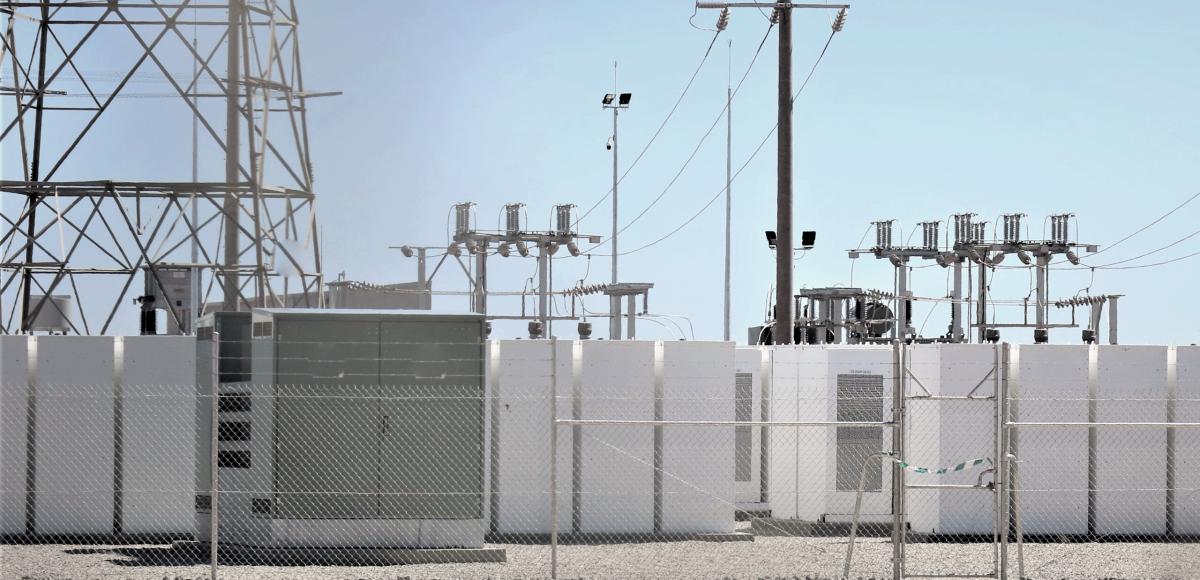
The Benefits of Long Duration Electricity Storage
Meeting the UK’s economy-wide 2050 net-zero target will rely heavily on a rapid decarbonisation of the electricity system and a significant expansion in renewable generation capacity.
Successful integration of these low-carbon technologies depends on the development of a smart and flexible energy system that can help to balance the system at lower cost. Deployment of electricity storage solutions will therefore have a critical role in delivering the energy transition.
However, there are a range of electricity storage solutions that can provide services at different scale and over different durations. These potential solutions face different barriers and risks. In July 2021, the UK Department for Business, Energy and Industrial Strategy (BEIS) launched a Call for Evidence to collate views and evidence on the specific issues for large-scale, long-duration electricity storage (LLES).
Alongside this, BEIS commissioned AFRY to undertake additional analysis to assess the role long-duration electricity storage could play in the system, the scale of the requirement and the relative benefits of different technologies. BEIS has now published its response to the Call for Evidence and AFRY’s Research Report.
Key Findings
Our study found:
- the future energy system will have extended periods of days or weeks where there are excesses or shortfalls of renewable output;
- access to longer duration storage solutions to address these electricity imbalances can reduce system costs by between £13bn and £24bn;
- based on the technology cost assumptions, the larger savings arise when flexibility is delivered through a combination of electrolysis, hydrogen storage and hydrogen CCGTs, since system balancing still relies on large amounts of dispatchable low-carbon thermal capacity during these long periods of low renewable generation and high demand; and
- between 12 and 21 GW of medium (6hr to 12hr) and long duration storage (>12hr) is deployed across the scenarios and around 3GW of LDS (such as pumped storage, compressed air energy storage (CAES) or liquid air energy storage (LAES)) is seen as a low regrets investment to mitigate some of the uncertainty around emerging, innovative, novel solutions like hydrogen in the near-term.


